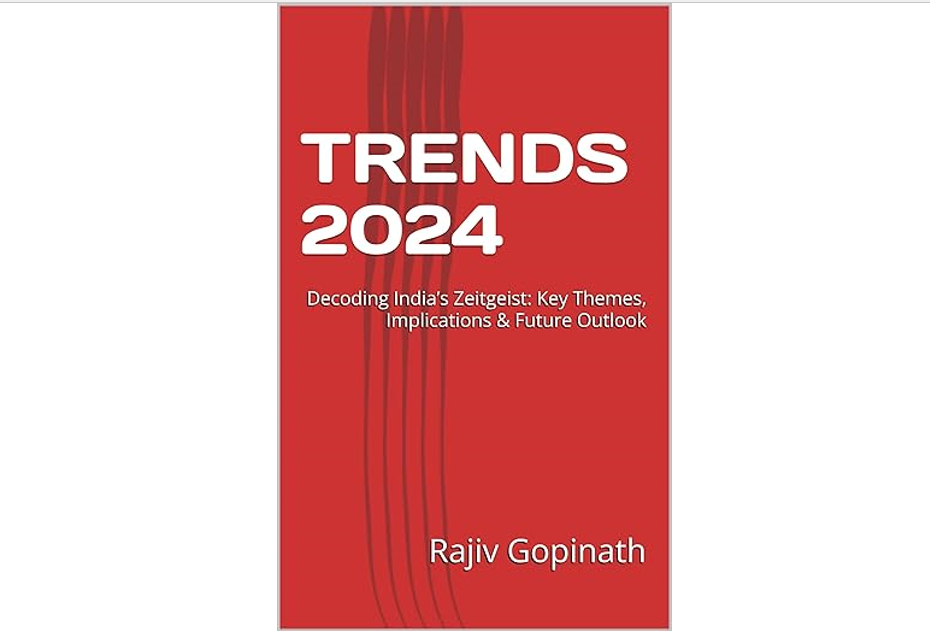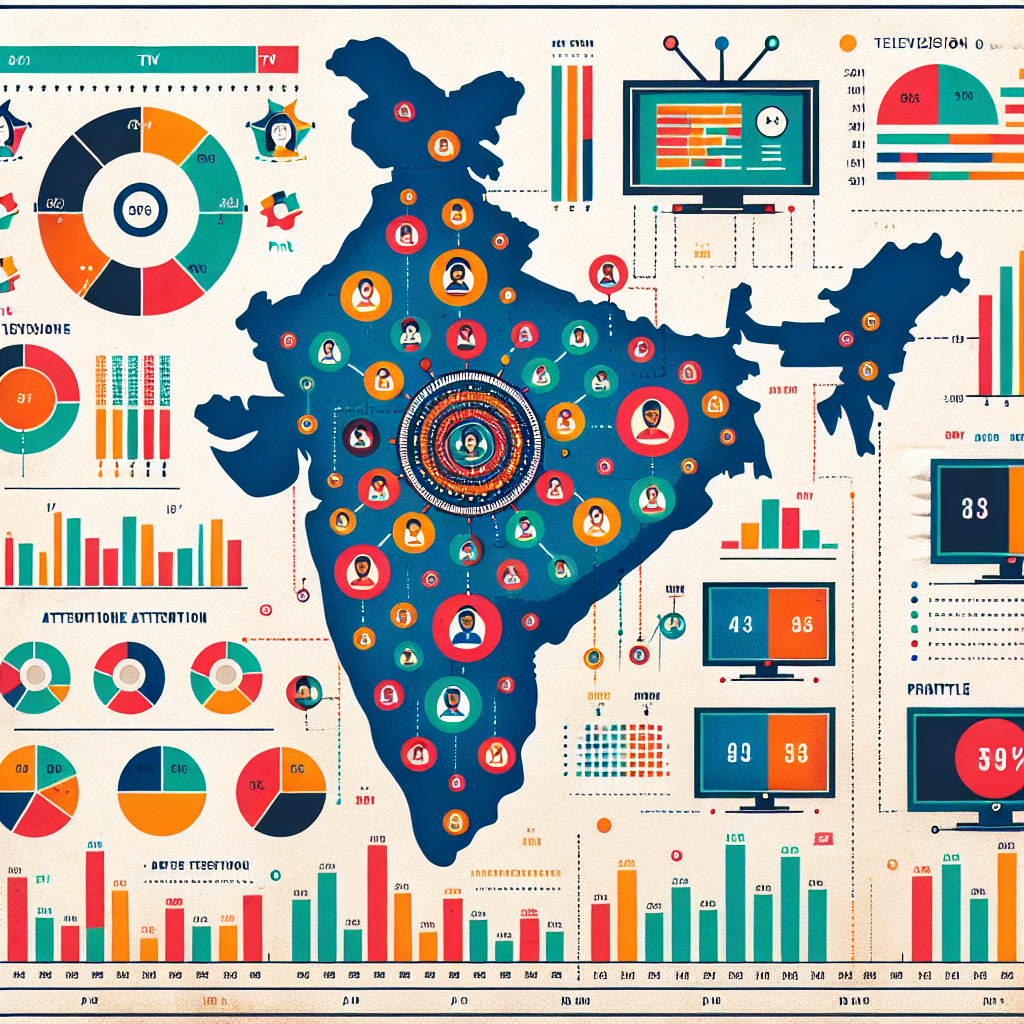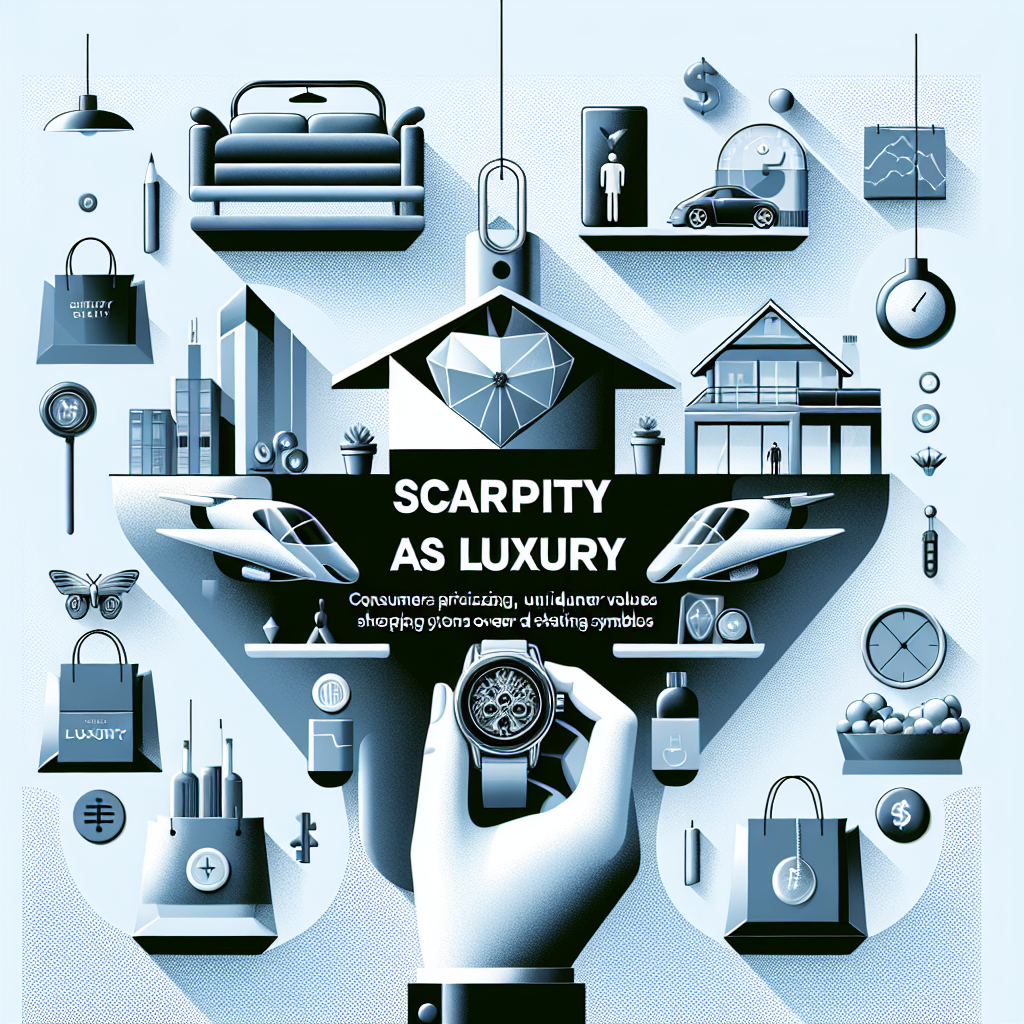Cancel Culture & Accountability: What Brands Must Know
Rebecca was sitting in a strategy meeting when an urgent text came through from her crisis team: "Check Twitter now." One of their client’s executives had made an insensitive comment during an interview, and within hours, the hashtag #BoycottBrandName was trending. As they scrambled to respond, Rebecca realized they were witnessing the real-time mechanics of what’s commonly called “cancel culture” — though what unfolded taught her it was far more nuanced than that reductive term suggests. The brand’s initial defensive stance only amplified the criticism, but when they pivoted to listening, acknowledging the harm caused, and outlining specific actions for change, the conversation transformed. This experience revealed to Rebecca the complex relationship between accountability and forgiveness that defines how Gen Z approaches brand relationships today.
Introduction: Beyond "Cancellation" to Accountability
Generation Z, now representing $143 billion in direct spending power according to Bloomberg, has redefined how brands are held accountable in the digital age. What older generations often dismiss as "cancel culture" represents something more sophisticated: a collective enforcement mechanism for ethical standards in a world where traditional regulatory systems often move too slowly or lack teeth entirely.
Research from the Harvard Business Review found that 76% of Gen Z consumers believe brands have as much responsibility as governments for social improvement, while data from Morning Consult indicates 83% of Gen Z considers a company's ethical behavior critical to purchasing decisions – significantly higher than any previous generation.
As noted by corporate ethics researcher Dr. Maya Williams: "What's characterized as 'cancel culture' is more accurately described as distributed accountability. Gen Z isn't interested in punishment for its own sake – they're attempting to create market consequences for ethical failures that institutional systems often ignore."
1. Understanding Gen Z's Ethical Expectations
Gen Z's approach to brand accountability stems from several distinct characteristics:
a) Values-Based Consumption
Purchasing as ethical expression:
- Product quality and ethical alignment viewed as inseparable
- Willingness to pay more for products meeting ethical standards
- Rejection of the separation between business practices and social impact
Example: When fast fashion retailer Boohoo faced labor exploitation allegations, they lost £1.5 billion in market value within days, with data showing Gen Z abandoning the brand at twice the rate of older consumers despite attractive pricing.
b) Receipts Culture and Digital Memory
The permanence of digital evidence:
- Screenshots and archives preserving corporate statements
- Expectation of consistency between stated values and actions
- Historical statements viewed as ongoing commitments
Example: Starbucks faced widespread criticism when Gen Z activists juxtaposed their Black Lives Matter statements against earlier policies prohibiting employees from wearing BLM symbols, forcing a policy reversal and comprehensive review.
2. Responding to Missteps with Transparency and Humility
When accountability moments arise, successful brand responses share common elements:
a) Speed and Substance Over Defense
The critical first response window:
- Acknowledgment within hours, not days
- Avoiding defensive positioning or contextualizing
- Specific rather than general acknowledgments
Example: Airbnb's response to discrimination allegations included immediate acknowledgment, followed by a comprehensive 32-page report detailing specific policy changes, resulting in what researchers identified as 47% higher post-crisis trust among Gen Z compared to similar companies taking defensive stances.
b) Learning-Centered Recovery
Making education explicit:
- Public articulation of what was learned
- Engagement with affected communities
- Transparency about internal education processes
Example: Sephora's "We Belong" initiative following racial profiling incidents included mandatory employee training, reduced security interventions, and increased inventory of Black-owned brands, with quarterly progress reports that converted criticism into increased Gen Z market share.
3. Building Proactive Accountability into Brand DNA
Forward-thinking brands are moving beyond reactive approaches:
a) Preemptive Accountability Structures
Building systems before crises:
- External advisory boards with demographic diversity
- Regular ethical audits with published results
- Clear accountability chains for ethical decisions
Example: Levi's created an external ethics council with veto power over marketing campaigns and sustainable sourcing decisions, documenting six instances where the council prevented potential ethical missteps before implementation.
b) Normalizing Correction and Evolution
Creating cultures that expect improvement:
- Public ethical learning objectives
- Celebration of course corrections
- Frameworks for stakeholder input
Example: Ben & Jerry's deliberately highlights its own historical mistakes in its corporate communications, documenting its evolution on labor practices and ingredient sourcing in what it calls "failure résumés" that have been credited with its unusually high Gen Z brand loyalty.
Conclusion: From Cancellation to Conversation
What's often portrayed as an unforgiving "cancel culture" represents a more complex reality: Gen Z's expectation that brands participate in an ongoing ethical conversation with genuine stakes. Brands that approach accountability as relationship-building rather than crisis management discover that transparency becomes a competitive advantage rather than a vulnerability.
Research from Deloitte indicates that brands demonstrating ethical learning recover from missteps with 3.4 times greater speed among Gen Z consumers compared to brands displaying defensive postures. This suggests accountability should be viewed not as risk management but as fundamental brand development.
As cultural anthropologist Dr. Samantha Reid notes: "Gen Z isn't interested in perfect brands – they're interested in perfectible ones. They want to see the process of improvement, not an illusion of flawlessness."
Call to Action
For brands seeking to build genuine accountability into their operations:
- Create vulnerability audits identifying potential ethical blind spots before they become crises
- Develop crisis response templates that prioritize acknowledgment, learning, and specific action
- Establish direct communication channels between ethics officers and executive leadership
- Build transparent reporting mechanisms for ethical measurements alongside financial ones
- Invest in training that frames accountability as opportunity rather than threat
The most resilient brands in the Gen Z economy won't be those that never make mistakes – they'll be those that transform mistakes into visible demonstrations of their values in action.
Let me create the next article for you.
Featured Blogs

TRENDS 2024: Decoding India’s Zeitgeist: Key Themes, Implications & Future Outlook

How to better quantify attention in TV and Print in India

AI in media agencies: Transforming data into actionable insights for strategic growth

How the Attention Recession Is Changing Marketing

The New Luxury Why Consumers Now Value Scarcity Over Status

The Psychology Behind Buy Now Pay later

The Rise of Dark Social and Its Impact on Marketing Measurement

The Role of Dark Patterns in Digital Marketing and Ethical Concerns








